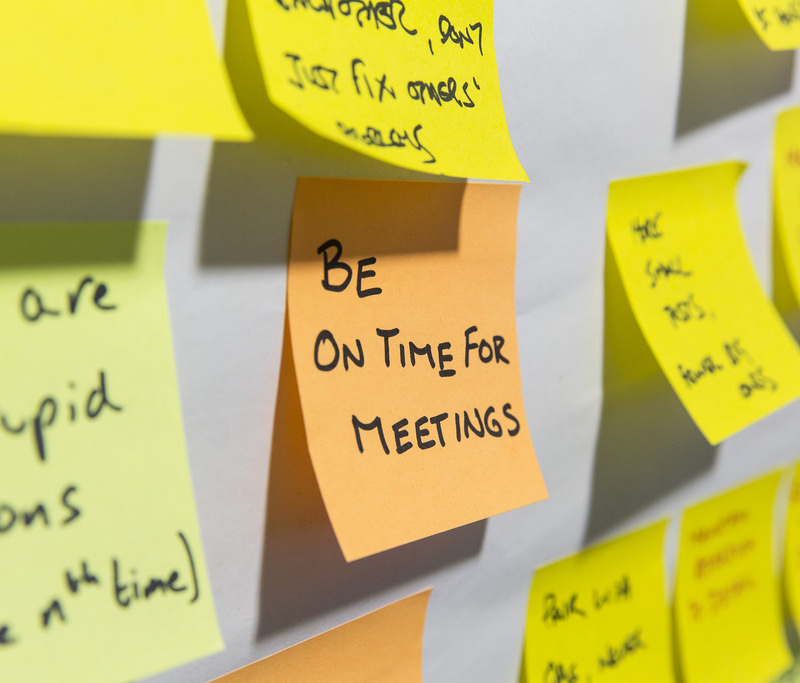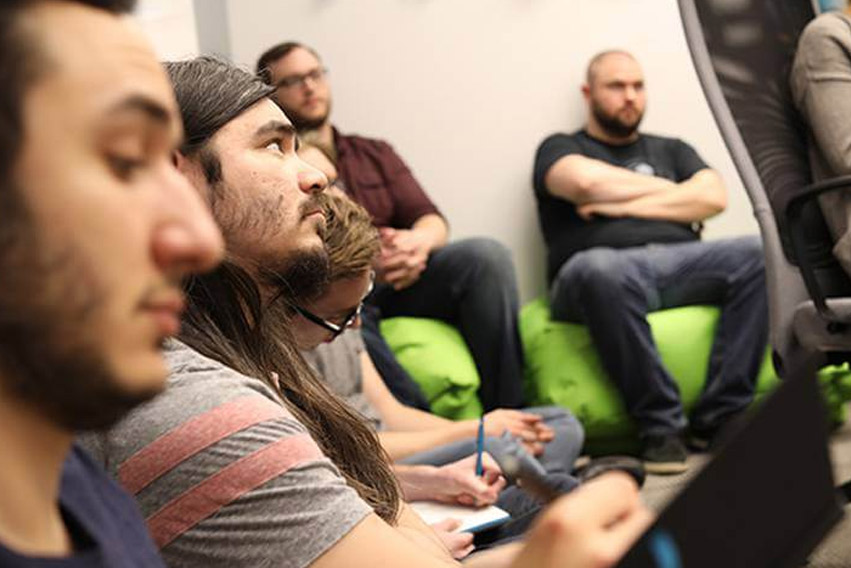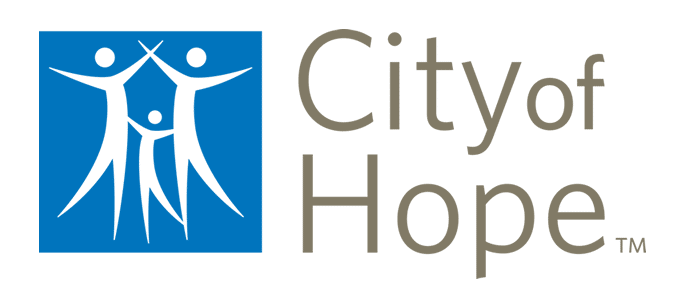Who wants to go to a meeting? No one!
If you’ve followed the Marxent @ Work series, you’ve no doubt seen us talking about meetings. It’s a favorite topic, because meetings are universal. Every Marxent employee will attend meetings and be expected to offer constructive input. Once a meeting is over, there’s a good chance additional work will need to be done, perhaps in advance of another meeting.
It’s not all just useless tedium, however. Meetings serve a vital purpose within the structure of any organization. They are an important way to organize and divide up tasks, get project feedback, and generally stay on the same page as a team and a company. Meetings may be evil, but they are a necessary evil.
Once you come to grips with the fact that meetings are an important part of your work life, you can get down to coming up with some best practices for how to get the most out of the meetings you organize and those you attend.
7 tips to make meetings less painful and more productive
I asked the Marxent staff to give me their best tips on how to get the most out of meetings, whether you’re in charge of the get-together or simply an invited guest. Some of these suggestions may seem simple or obvious, but you’d be surprised how often they’re overlooked.
1. Come prepared
What if you’re just a participant, invited by a coworker for your brainstorming ability or subject expertise? “Come prepared,” advises QA Analyst Tracey Stephenson. “Know what the meeting is about and make notes of questions you have so that you can stay on track. If your questions don’t get answered, send a follow-up email to the group for input.” It may seem like a no brainer, but Tracey also recommends paying attention. “The worst is when someone has just answered a question only to have another participant ask the same thing,” she says. “It doesn’t hurt to email the questions to the organizer ahead of time so they can investigate them.”
2. Establish clear and actionable outcomes
Once you decide a meeting is necessary, you have to come up with a plan. Lead technical Artist Vince Kilian has some suggestions. “Make sure your meeting, however long or short, has clear and actionable outcomes. If you leave a meeting and the people involved have no accountability toward active TO-DO action items, your meeting was effectively a useless failure,” he says. “I’ve been in tons of meetings where valuable things were discussed, but the folks who left the room were unclear whether or not they were responsible for any items discussed during the meeting. Discuss actions, assign actions, and get your responsibilities completed no matter what. It’s up to you to move your action items forward if you’ve been bestowed accountability. No one will complete your action items for you!”
3. Clearly state the final decisions – and follow up
“The biggest challenge with meetings is the perception of information that’s being thrown around in a group discussion,” explains Ang Boehmer, a QA Analyst at Magnetic Mobile. “So many times after a meeting, everyone is walking out remembering something different about what was decided.”
That’s not the only confusion possible after a meeting. Sometimes the participants don’t have the necessary background information of a subject, so when a conclusion is arrived at that don’t actually understand the full ramifications of the decision.
“Meetings are breeding grounds for miscommunication,” Ang says. “A simple solution is to have the meeting organizer clearly state the final decisions that were made at the end of the meeting and to send out meeting notes with action items for future reference. Both are pivotal in ensuring that everyone is on the same page.”
4. Set expectations and establish ground rules
Sales director Rich Manno has plenty of experience meeting with people outside of Marxent — it’s a key part of his job — and this experience has given him a different perspective on meetings. “I’ve developed the habit of opening a meeting by stating what my key objectives are and asking a prospect or client, ‘Does that hit on your expectations for the time we have set aside today?'” Rich explains. “Many times the answer is yes, and other times a new objective surfaces that can help assess a person’s true reason for taking the meeting in the first place — both good. Yes, an agenda in some ways serve the same purpose, but I find voicing this in the actual meeting is the most effective way to make sure all participants are on the same page.”
5. Don’t make assumptions
Of course, sometimes a meeting will go bad no matter how much preparation you put in. If it’s not the right type of prep, it’s just wasted time. Sales Director Marcus Athari has a story that illustrates this point perfectly.
“While with a prior employer, my team landed a much sought after meeting with the EVP of a Fortune 100 company. With only a couple weeks to prepare, the prevailing theme was we needed to blow the EVP away with our in-store activation platform capabilities,” Marcus explains. “We discussed whether we needed to talk about our digital media capabilities, but determined it would not be pertinent to the conversation and didn’t invite any of our team’s digital experts to attend.”
Fast forward to the meeting. “After introductions, the EVP, alongside five of his team members whom he invited, kicked the meeting off by saying, ‘They are here to present their digital capabilities and how they could best compliment our digital strategy.’ My heart sank as I exchanged frantic looks with the rest of my team. Try as we did to salvage what would’ve been a great opportunity, we stunk the joint up.”

Photo by gdsteam via Flickr.
6. Remember, people are arranging their time around your meeting.
It happens. Meetings need to be rescheduled at times. If you need to reschedule a meeting, make an effort to cancel as early in the day as possible. Preferably a minimum of one day in advance, but at least try to provide a few hours of notice If you don’t want to go to a meeting, then don’t accept it. If it’s at a bad time or you know you’ll have a conflict, don’t accept it. If you don’t care about having a meeting and it really isn’t all that important to you, don’t schedule it.
Sonia Schechter, Chief Marketing Officer, also offers what may be the single best piece of meeting advice out there: “Ask yourself if it can be handled in a quick conversation rather than a scheduled meeting,” she says. “Most things can be.”
7. Avoid long-winded anecdotes
“I would say one of the things I have caught myself doing over the years is sharing a long-winded anecdote about ‘the time when…’ when a simple “I agree” would do,” says Magnetic Mobile QA Analyst Bryan Thomas. “I find myself doing this as a well-meaning attempt to show support for someone’s idea. But more often than not it ends up being a time sink.”
Oversharing may not seem like a big deal — after all, isn’t getting to know each other really just team building? — but it can render a meeting completely useless. “The worst is when you have a meeting of 4 to 6 people, all sharing stories to reach the same point,” Bryan explains. “At the end of a 30 minute meeting, we’ve used all our time ultimately agreeing with each other, but not spending any time discussing the topics where we might have real differences or decisions to make. Sharing experience is really valuable, but does the story unlock any special information? If not, a simple ‘I agree’ is fine.”












